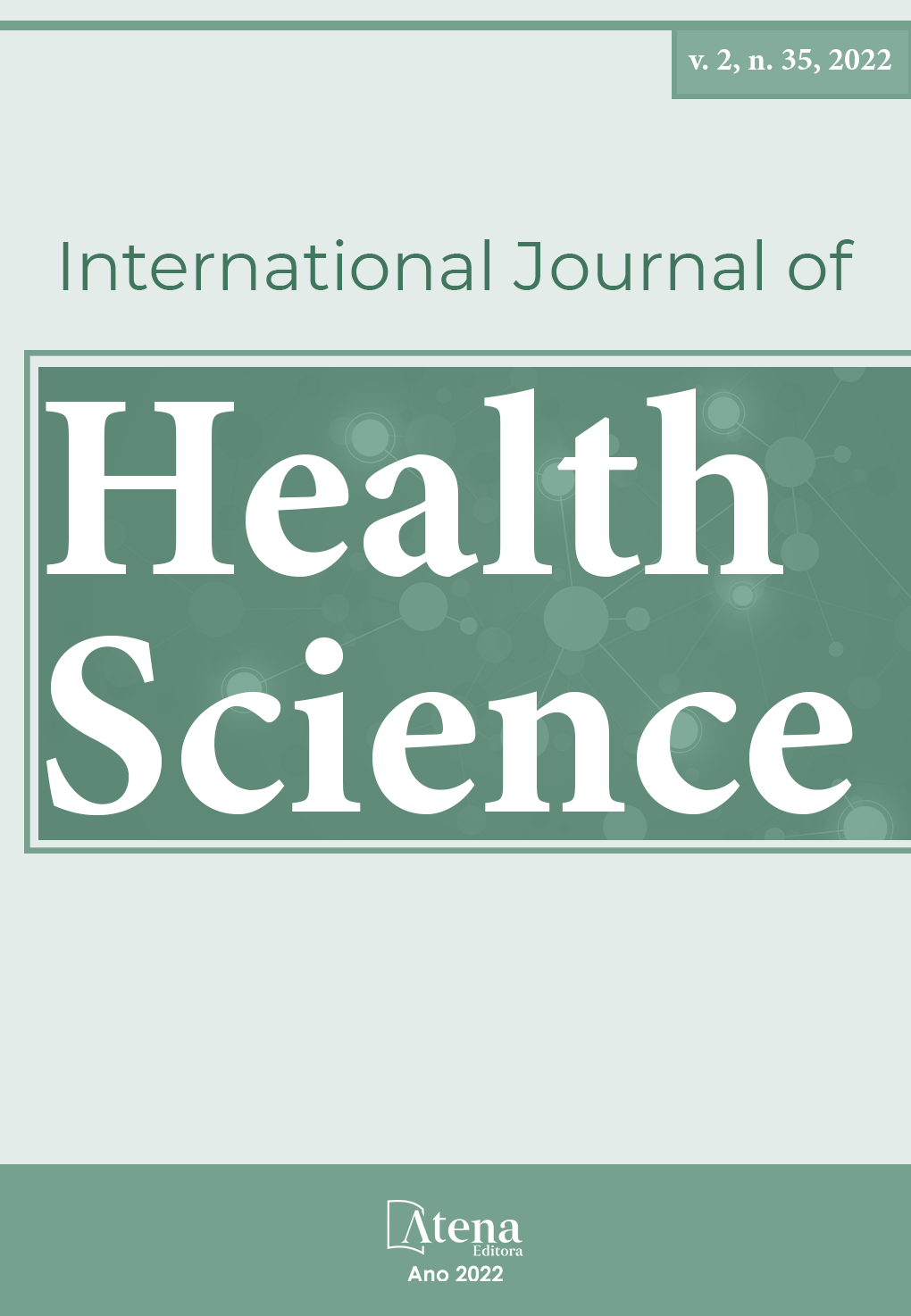
CORRECTION OF PSYCHOACTIVE POISONING IN THE MANAGEMENT OF CARDIORESPIRATORY ARREST
INTRODUCTION: Poisoning by psychoactives occurs for several reasons, among the main ones: accidental administration, attempts at self-extermination and abuse, in addition to administration errors. Among the main psychoactive drugs related to intoxication, tricyclic and tetracyclic antidepressants, serotonergic antidepressants, benzodiazepines, opioids and cocaine stand out. Acute intoxications are on the list of causes of CPA in adults and each type has its particularity and pathophysiological mechanism. The management of this condition becomes crucial for the reversal of the arrest condition, since the treatment of the causes is paramount in the approach of the patient in CPR repeatedly without success. That said, the current study aims to compendium the correction of intoxication by psychoactives in the management of CRP. METHODOLOGY: This is a narrative review in which Scielo, PubMed, Lilacs, UpToDate and Google Scholar databases were used to determine articles. Keywords were defined by the Health Sciences Descriptors (DeCS). For selection, the analysis was qualitative. It was up to the current study to increase articles whose discussion determined the specificities of the management of acute intoxications in order to apply them, or not, in the face of a situation of CRA. RESULTS: Faced with CPA due to intoxication, the use of antidotes and increased elimination of the substance through hydration and urine alkalinization can be used. For suspected intoxication and identification of a toxic substance, one can mainly investigate non-cardiac adult patients who are admitted to the medical service in an arrest protocol. In contact with the family, it is valid to question drugs or medications ingested, time and day of ingestion and whether ingestion was accidental or via suicide attempt. Some non-specific complementary tests can be useful in the face of generalized clinical deterioration, but as intoxication, these can be reserved for special cases. All specific treatment must be linked, without detriment, to chest compressions, application of adrenaline or amiodarone (in the indicated cycles), rhythm and pulse checking, in addition to the administration or not of electrical defibrillation. CONCLUSIONS: Poisoning by psychoactives has taken a relevant proportion in view of the incidence of psychiatric emergencies in the emergency room. Recognizing this possibility allows for the development of specific or supportive therapies that can support cardiopulmonary resuscitation. Despite this, its treatment must not be used to the detriment of the well-established management of CRP. After all, other causes of arrest may coexist, and some antidotes that apply to psychiatric emergencies are not necessarily recommended in the face of cardiorespiratory arrest.
CORRECTION OF PSYCHOACTIVE POISONING IN THE MANAGEMENT OF CARDIORESPIRATORY ARREST
-
DOI: 10.22533/at.ed.1592352207077
-
Palavras-chave: Acute intoxication. psychoactive. Cardiorespiratory arrest. Cardiorespiratory resuscitation.
-
Keywords: Acute intoxication. psychoactive. Cardiorespiratory arrest. Cardiorespiratory resuscitation.
-
Abstract:
INTRODUCTION: Poisoning by psychoactives occurs for several reasons, among the main ones: accidental administration, attempts at self-extermination and abuse, in addition to administration errors. Among the main psychoactive drugs related to intoxication, tricyclic and tetracyclic antidepressants, serotonergic antidepressants, benzodiazepines, opioids and cocaine stand out. Acute intoxications are on the list of causes of CPA in adults and each type has its particularity and pathophysiological mechanism. The management of this condition becomes crucial for the reversal of the arrest condition, since the treatment of the causes is paramount in the approach of the patient in CPR repeatedly without success. That said, the current study aims to compendium the correction of intoxication by psychoactives in the management of CRP. METHODOLOGY: This is a narrative review in which Scielo, PubMed, Lilacs, UpToDate and Google Scholar databases were used to determine articles. Keywords were defined by the Health Sciences Descriptors (DeCS). For selection, the analysis was qualitative. It was up to the current study to increase articles whose discussion determined the specificities of the management of acute intoxications in order to apply them, or not, in the face of a situation of CRA. RESULTS: Faced with CPA due to intoxication, the use of antidotes and increased elimination of the substance through hydration and urine alkalinization can be used. For suspected intoxication and identification of a toxic substance, one can mainly investigate non-cardiac adult patients who are admitted to the medical service in an arrest protocol. In contact with the family, it is valid to question drugs or medications ingested, time and day of ingestion and whether ingestion was accidental or via suicide attempt. Some non-specific complementary tests can be useful in the face of generalized clinical deterioration, but as intoxication, these can be reserved for special cases. All specific treatment must be linked, without detriment, to chest compressions, application of adrenaline or amiodarone (in the indicated cycles), rhythm and pulse checking, in addition to the administration or not of electrical defibrillation. CONCLUSIONS: Poisoning by psychoactives has taken a relevant proportion in view of the incidence of psychiatric emergencies in the emergency room. Recognizing this possibility allows for the development of specific or supportive therapies that can support cardiopulmonary resuscitation. Despite this, its treatment must not be used to the detriment of the well-established management of CRP. After all, other causes of arrest may coexist, and some antidotes that apply to psychiatric emergencies are not necessarily recommended in the face of cardiorespiratory arrest.
-
Número de páginas: 9
- Filipe Matias Batista Mota
- Mariana Sattler Lima Medina
- Marco Antonio Silva Robles
- Maria Marta Prado Lima
- Edenia Soares de Figueiredo Macario
- Victória Maria Fontes dos Reis
- Luana Rocha de Souza
- Henrique Tetsuya Libânio Kitaoka
- João Matheus Góes Zedafó Ramos
- Beatriz Villar Meneses Santos
- Giovanna Brasil Pinheiro
- Caroline Nascimento Menezes


